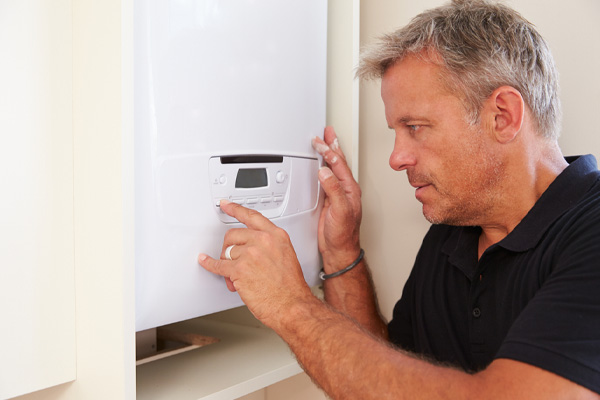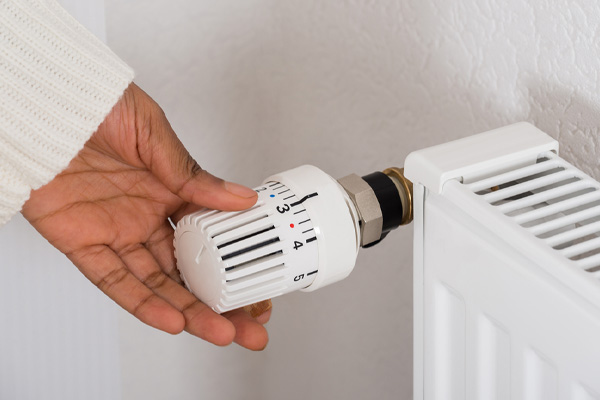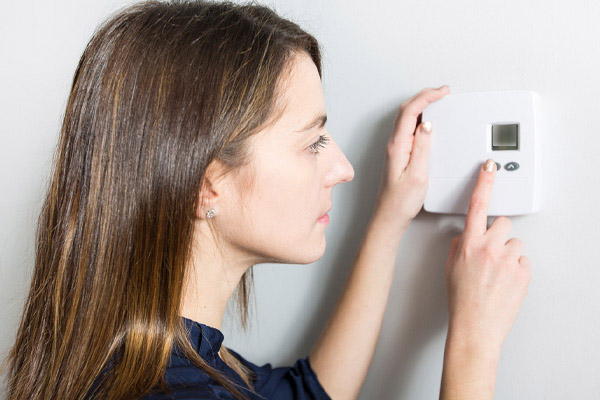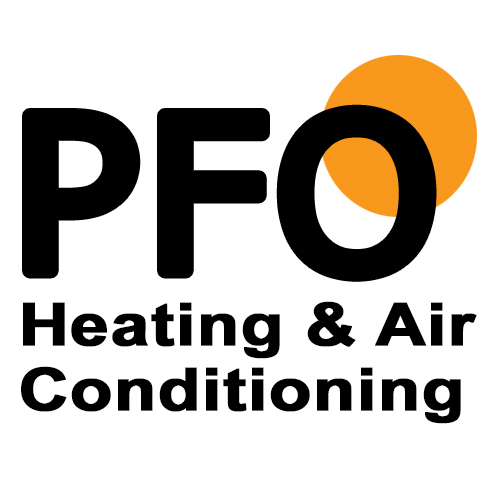
Finding out what temperature is the best one to set your central heating oil boiler at can be challenging. Your boiler temperature settings may vastly differ from the next home, especially because of your varying hot water needs and the fluctuating outdoor temperatures. You can determine the best temperature for your boiler when you know your home’s central heating boiler type and your usual temperature settings. This article discusses the recommendations from experts so you can achieve efficient home heating.
Common Types of Central Heating Boilers
Contents
It is beneficial to know what kind of central heating boiler you have installed at home and how it operates before making any temperature adjustments.
Combination Boilers

Commonly referred to as combi boilers, this type provides both heating and hot water, making it a popular option for central heating. The main water supply in your home directs cold water into this boiler. The boiler will begin fuel combustion to generate heat and utilizes a heat exchanger to transfer the heat from the combustion chamber to the water. This type of boiler can heat water quickly because it uses gas or oil.
They are also more compact than other boilers, as a separate water tank isn’t needed. They do not need this extra space, so they are ideal for smaller homes. However, these boilers cannot direct hot water to your faucets and central heating at the same time, even though one unit provides both hot water and heating. This means that the boiler will temporarily redirect the hot water to a water outlet when someone turns a faucet on while your central heating is on.
Related Article: Best Ways To Maintain Your Hydronic Heating System
System Boilers
System boilers have a hot water cylinder, allowing them to supply hot water and heating water to the radiators. These boilers only have two parts: the boiler and a hot water cylinder. There is no need for a separate cold water tank as system boilers receive water from the home’s main water supply.
This boiler is perfect for large properties with high hot water demands. Many components of system boilers are internal, so they require less space and have more flexible options for installations than regular boilers. Moreover, system boilers still need space for a hot water cylinder. You will also notice an impact on your flow rate around the house if there is low water pressure in the main supply.
Regular Boilers
Also referred to as a conventional or heat-only boiler, a regular boiler has three main parts: the boiler, the hot water cylinder, and cold water tank. The separate tank for cold water storage is usually installed in high areas like an attic or loft because it uses gravity to fill the boiler. The boiler offers hot water on demand, heating water and feeding it directly to the radiators and the hot water cylinder of the central heating system.
A conventional boiler is ideal for larger properties, like homes with several bathrooms. It is also your best bet if you experience low pressure from the main water supply. Regular boilers require more space, but they can supply your home with heating and hot water at the same time, thanks to their separate water tanks.
Related Article: What To Look For In A New Oil Boiler For Your Home
Central Heating Boiler Temperature Settings
Simply put, you shouldn’t set your central heating boiler at a single temperature. The boiler temperature you should set it at will vary depending on factors like your preference and the weather. The ideal situation is that you make boiler temperature adjustments within a specific range, so the boiler doesn’t overheat.
Recommended Boiler Temperature Settings

There will be different temperature settings for your central heating water and hot water cylinder.
For heating water, adjust your boiler’s high/low-temperature settings depending on the weather. Summer means you have a more efficient and comfortable home with low boiler temperatures. Standard low-temperature settings are within 120-160 degrees Fahrenheit. On the other hand, winter means higher boiler temperatures are more suitable. The high-temperature settings range between 180-200 degrees Fahrenheit.
Try to stay at 200 degrees at most if you require warm temperatures. The boiler will begin overheating when the temperature rises over 212 degrees. If this happens, the boiler may burst or leak.
The hot water cylinder’s temperature settings will likely have a consistent temperature range throughout the year. The most suitable temperature to put your hot water cylinder at is 140-150 degrees Fahrenheit. The boiler water temperature shouldn’t get too low to ensure your household’s health and safety.
There is a bacteria known as Legionella. They thrive in freshwater that has a temperature of 77-112 degrees Fahrenheit. You are at risk of getting a kind of pneumonia called Legionnaires’ disease from this bacteria. According to the CDC, the heating cylinder should be set at a minimum of 124 degrees Fahrenheit to prevent this issue.
Tips for Boiler Energy Efficiency
Utilizing your home’s temperature controls allows you efficient home heating and optimum energy efficiency. You can have more precise temperature control over each room in your home when you install thermostats in individual rooms or programmable thermostats. For instance, you may want a cooler bedroom so you can sleep comfortably at night.
Smart temperature controls make automatic adjustments to the temperature in your home. They can also let you control your home’s temperature through your mobile device. This way, you can reduce heat usage even if you are away from home. You can achieve efficient home heating when you set the boiler to shift four to five degrees throughout the day. You also become more cost-effective if you keep your home cooler while you are outside of your home.
Related Article: What To Look For In A Boiler Repair Company
Call PFO Heating & Air Conditioning For All Your Home Heating Needs
 When you need high-quality heating and cooling services in the area, call PFO Heating & Air Conditioning. We have the best professionally certified technicians who can provide superior heating and cooling installations, replacements, repairs, and maintenance. Rest assured, all our HVAC techs are experienced, skilled, and knowledgeable and can conduct prompt and accurate HVAC system services.
When you need high-quality heating and cooling services in the area, call PFO Heating & Air Conditioning. We have the best professionally certified technicians who can provide superior heating and cooling installations, replacements, repairs, and maintenance. Rest assured, all our HVAC techs are experienced, skilled, and knowledgeable and can conduct prompt and accurate HVAC system services.
For your heating system repair or replacement needs, you are in good hands with PFO Heating & Air Conditioning. We offer highly affordable replacement and repair costs in the locality. We can recommend the most fitting replacement system for your home within your budget. Your energy efficiency, comfort, indoor air quality, and more are always our priority. Book an appointment with PFO Heating & Air Conditioning today. Call us and receive a free, in-home estimate. Click the link to view our service area.
Click here to contact us now or call us at (800) 253-9001 to find out more!



